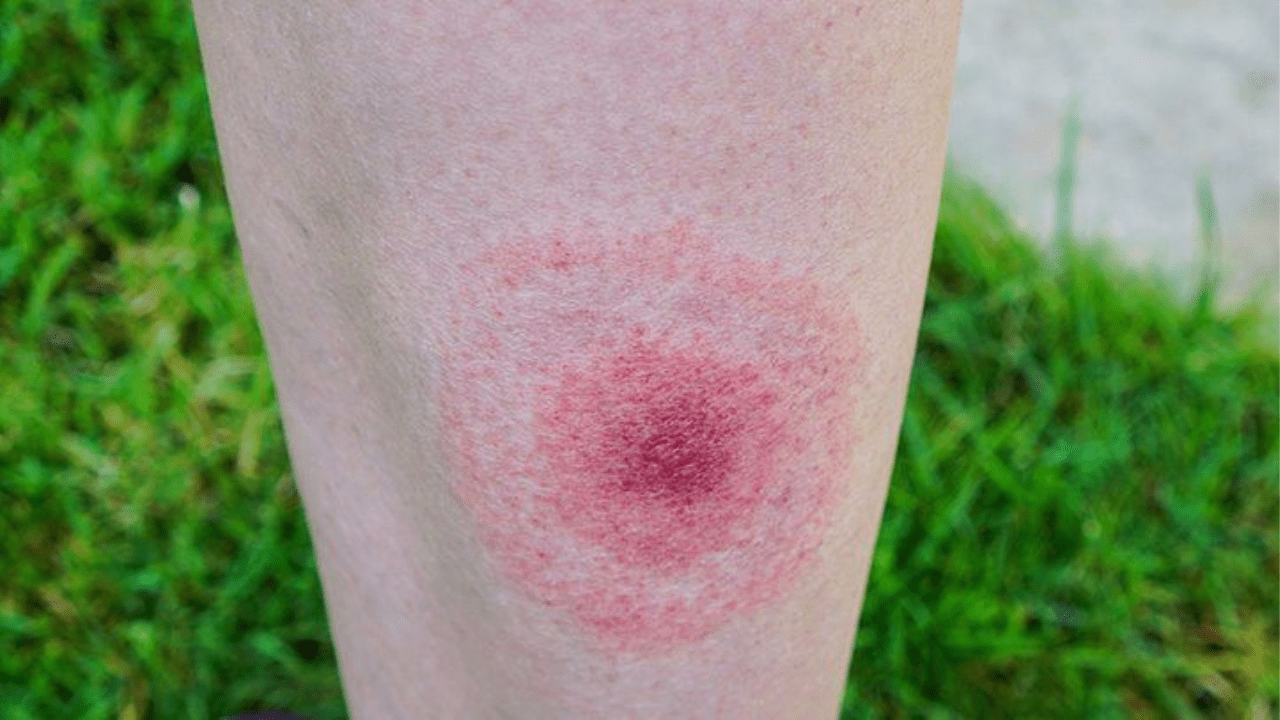New Tick-borne virus from Canada killed Maryland citizen | This is the first-ever case in the State
The Maryland Health Department confirmed the first-ever Tick-borne Powssan virus-related death. According to HOD, this was infected to the individual in Canada and returned to Maryland afterward. The Maryland Department of Health has confirmed the first-ever Powassan virus-related death in the state. The virus, transmitted through the bite of an infected tick, was confirmed on September 22, and subsequent investigations have reaffirmed this finding. “We are very saddened to report the first death due to the Powassan virus in our state. Powassan is very rare, and this is the first-ever case recorded in Maryland. The individual contracted the virus in Canada and returned to Maryland afterward. We do not believe that Powassan poses any threat of local transmission in Maryland. As always, we urge everyone…
The Maryland Health Department confirmed the first-ever Tick-borne Powssan virus-related death. According to HOD, this was infected to the individual in Canada and returned to Maryland afterward.
The Maryland Department of Health has confirmed the first-ever Powassan virus-related death in the state. The virus, transmitted through the bite of an infected tick, was confirmed on September 22, and subsequent investigations have reaffirmed this finding.
“We are very saddened to report the first death due to the Powassan virus in our state. Powassan is very rare, and this is the first-ever case recorded in Maryland. The individual contracted the virus in Canada and returned to Maryland afterward. We do not believe that Powassan poses any threat of local transmission in Maryland. As always, we urge everyone to practice good habits when in areas that could have ticks or avoid those areas altogether.”
Deputy Secretary for Public Health Services Dr. Nilesh Kalyanaraman expressed his condolences,
📌Fatal Powassan Virus Case acquired in Canada
— Outbreak Updates (@outbreakupdates) October 7, 2023
Maryland sees first death from rare tick-borne virus https://t.co/hHuOzQiCec
Rare and Not Person-to-Person Transmission
According to the CDC, the Powassan virus is rare and does not typically spread from person to person. But, it can be exceedingly rare instances through blood transfusion. Unfortunately, no vaccines or specific medicines are available to treat or prevent Powassan virus disease. Most cases in the United States are reported in the northeastern and Great Lakes regions, occurring from late spring through mid-fall when ticks are most active.
“Maryland, Get Ticked Off!” Campaign to Raise Awareness
In response to this concerning development, the Maryland Department of Health set to launch the “Maryland, Get Ticked Off!” campaign next week. This campaign aims to empower Marylanders to take proactive measures against tick bites. It will feature a Tickborne Disease Occupational Toolkit, providing health information for individuals whose job sites and activities put them at risk of tick bites. Additionally, the campaign will utilize social media images to promote proper tick-monitoring practices.
How to Reduce the Risk of Tick Bites?
- Avoid tick habitats. Ticks live in grassy, brushy, or wooded areas, so it’s best to stay on marked trails when hiking or walking outdoors. If you must go into tall grass or brush, wear long pants and tuck them into your socks.
- Use insect repellent. Apply a repellent containing DEET, picaridin, IR3535, Oil of Lemon Eucalyptus (OLE), para-menthane-diol (PMD), or 2-undecanone to your exposed skin. Be sure to follow the directions on the product label.
- Treat your clothes and gear with permethrin. Permethrin is an insecticide that can kill ticks on contact. You can purchase permethrin sprays and aerosols to treat your own clothes and gear, or you can take them to a professional dry cleaner to have them treated.
- Check yourself and your pets for ticks after being outdoors. Ticks can be very small, so it’s important to check carefully. Be sure to check your hair, scalp, ears, neck, armpits, groin, and behind your knees. You should also check your pets for ticks, especially around their ears, neck, and paws.
If you find a tick on yourself or your pet, remove it immediately with a fine-tipped tweezers. Grasp the tick close to its head and pull it straight out. Do not twist or crush the tick, as this could release its saliva into your skin. Once the tick is removed, clean the bite site with soap and water.
Symptoms and Severity
The Department of Health notes that many people infected with the Powassan virus may not exhibit any symptoms. However, for those who do, initial symptoms can include fever, headache, vomiting, and weakness. In severe cases, the virus can lead to conditions such as encephalitis (infections of the brain) or meningitis (disorders of the membranes surrounding the brain and spinal cord). Symptoms of severe disease may include confusion, loss of coordination, difficulty speaking, and seizures.
Also read:
New Groundbreaking Study Shows A Promise In Treating Difficult Cancers!






